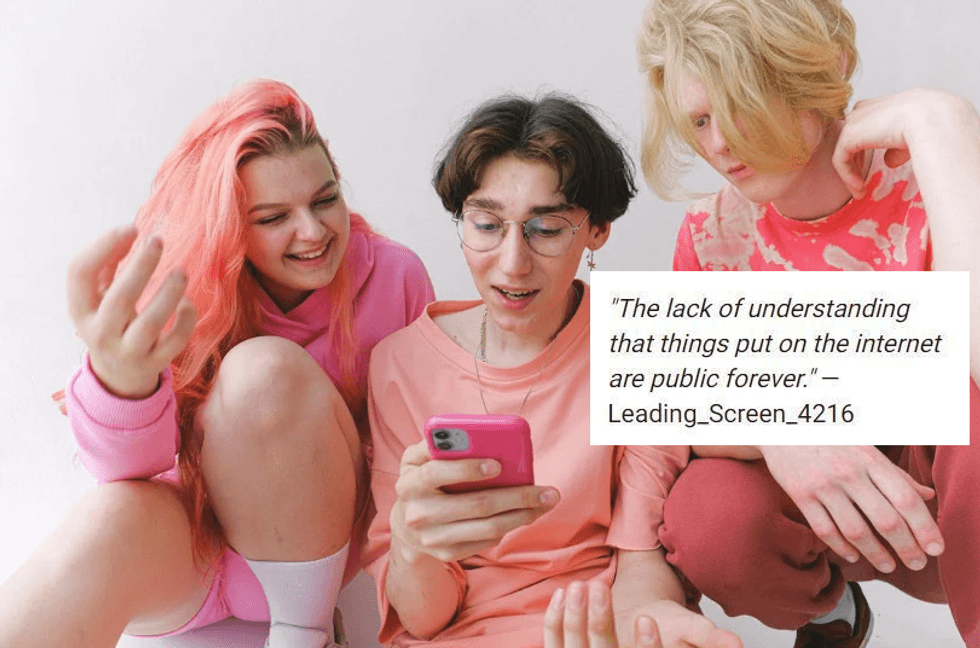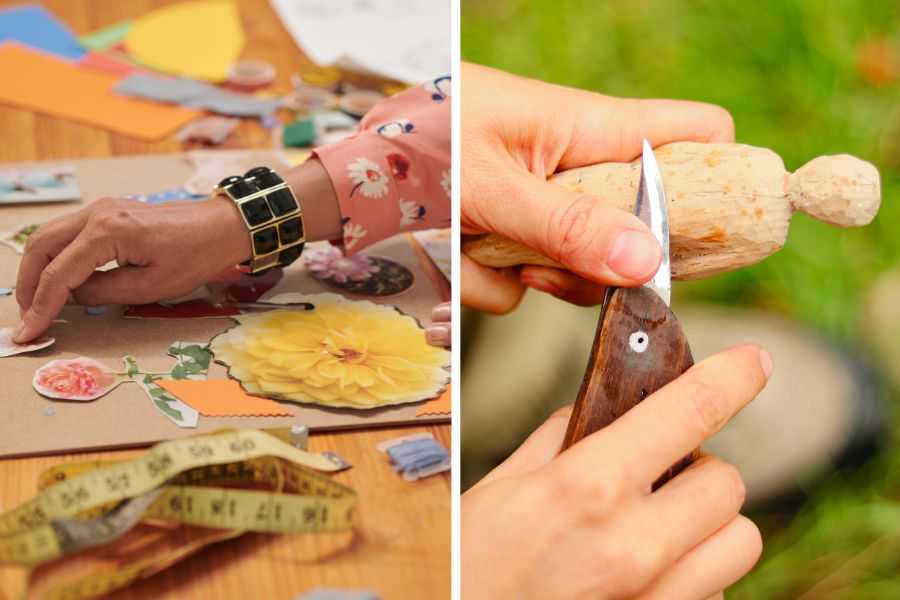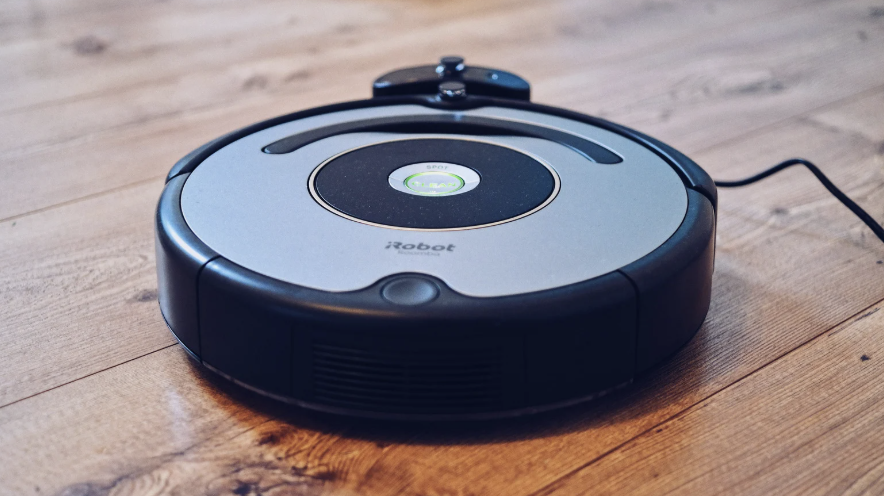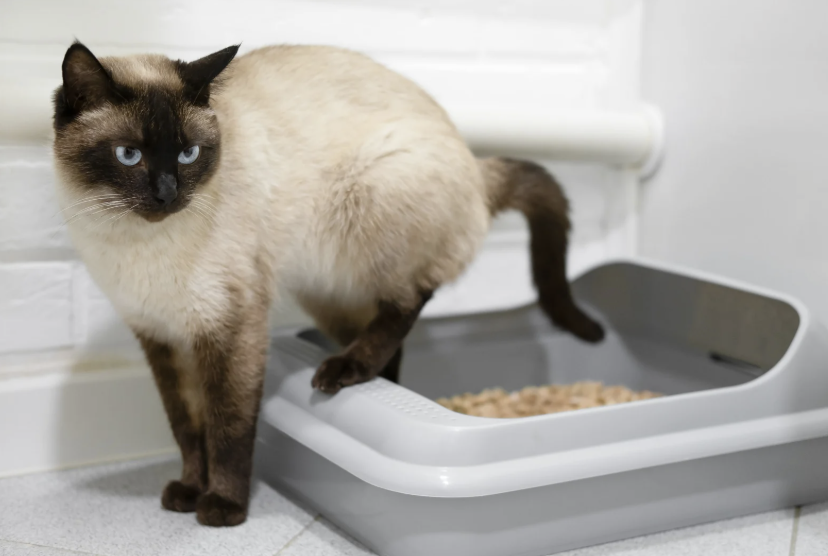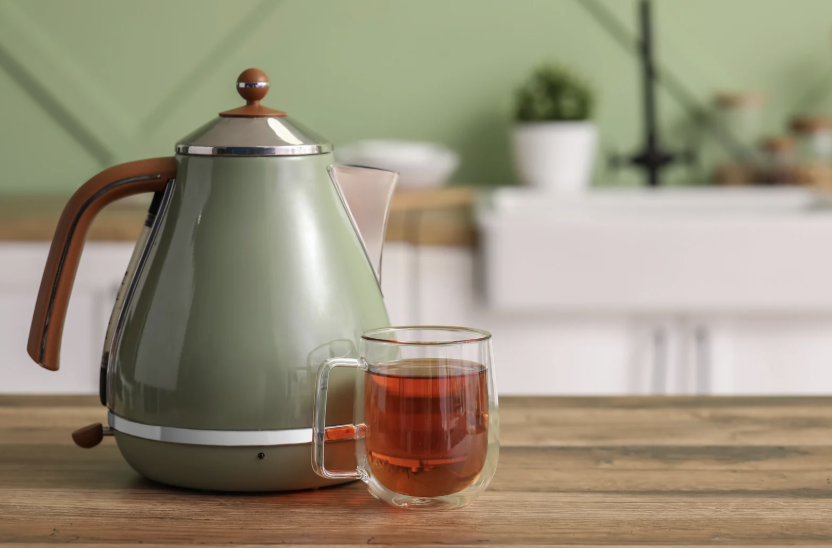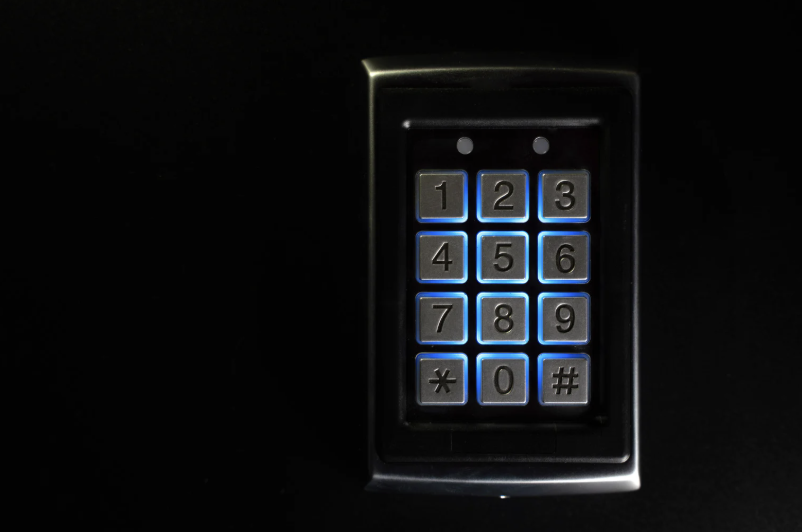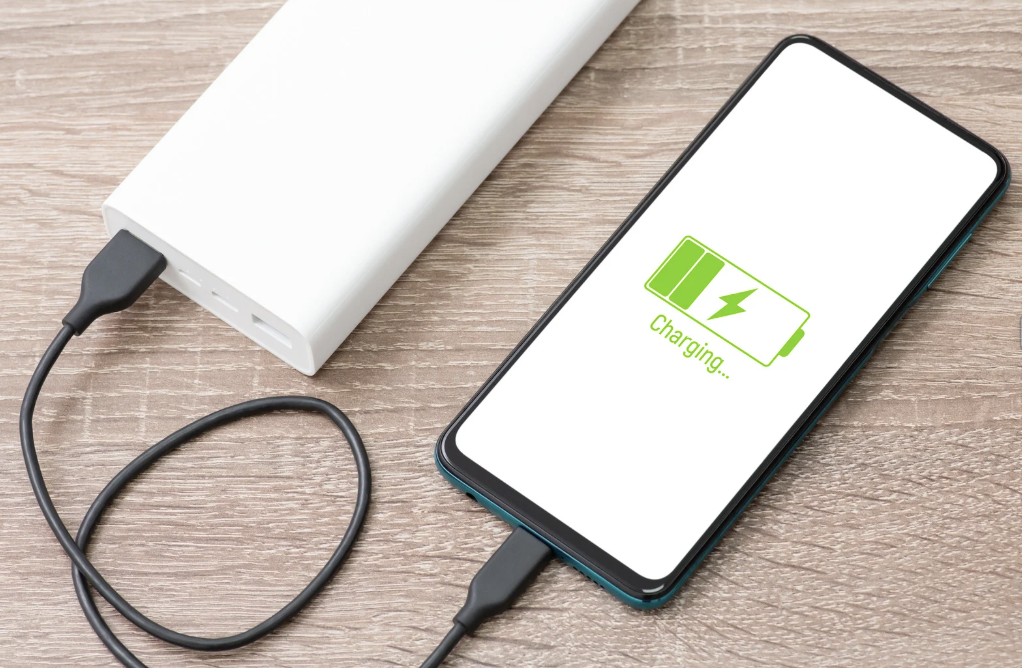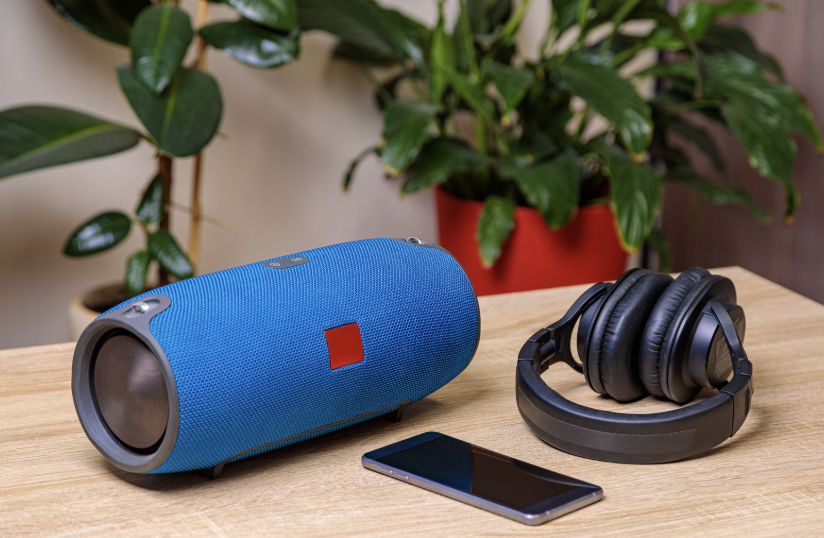With the basic cost of living stretching many folks financially, people are always on the lookout for ways to save money. But with long-term commitments and ever-increasing costs, people are also often wary of memberships or subscriptions that might save you money (or at least be worth what they cost), but also might not.
Thanks to a Reddit user who asked fellow Redditors, “What membership is 100% worth every penny you pay for it?“ we’ve got a list of memberships that might actually be worth checking out.
The kinds of memberships people listed vary widely, from warehouse stores to learning programs to medical evacuation services, but everyone who shared made a strong case for why the cost of them are worth it.
Here are the memberships people say are worth every penny:
Emergency Helicopter Services
“I live on an island in Alaska with limited healthcare. An emergency flight to a more capable hospital will cost $50000. For $100 a year I save $49900 if I ever need their services. That $100 covers everyone living under my roof. There is no limit on the number of flights. And seniors pay $75. Of course, the flight isn’t a guarantee. Bad weather or the donated jet needing repairs can, and does, prevent you from being flown out.” – Ksan_of_Tongass
“Can’t believe someone beat me to this.
A year and a half ago, I had to be medevaced to Seattle with a broken back. Price tag on the flight would have been $141,110.89…
Good thing we are a member of the air med network!” – Tedious_research
“More common than you would think. They have this same premise in rural Texas for about $25/m.” – sevargmas
The Great Courses (or Wondrium)
“The Great Courses. It’s now under the umbrella of Wondrium (and they have a bunch of other stuff, but I look for the GC stuff) They have hundreds of courses. Each one has roughly 26-40 lectures. They’re the best professors in the world – the ones that students report as their favorite teachers.
My boyfriend and I always have four on Thursdays: a science, an art, a philosophy (or wild card) and a history. We’ve done classes like: botany, the analects of Confucius, The Medici’s, the physics of time, early humans and the history of food.
I’ve got a good deal with them at $10/month all I can stream. Great for lifelong learners.” – Shaydie
“I bought a 2 year subscription (when it was 50% off) and never looked back. Ancient Egypt is probably the best course I’ve ever taken, even including courses I’ve taken in college. It’s old (1999) and some things have been disproven since, but it’s still so damn good. Now I’m watching Ancient Mesopotamia, which is also very good.” – Ok-Supermarket-1414
“I’ve learned so many things from having a Wondrium subscription (and mostly the great courses ones are my favourites). I think having the streaming version of this versus buying courses has led me to learn so many more things than I would have, and try and some and find out they weren’t really for me.” — Shipping_away_at_it

National Parks Pass
“The US National Park Senior Pass. The BEST bargain in the nation.” – BrunoGerace
“We toured the us in an rv this year, and the america the beautiful pass paid for itself many, many, many times over.” – mushnu
“And if you’re not a Senior (or Vet) the annual pass is still a deal. Visit 3 NPs or NMs in a year and it’s paid for itself.” – Kerensky97
“I’m canadian, I’ve seen national parks in canada, a lot of europe and the us, and it’s not even a fair contest. The national parks in america are s tier amazing sites. Diverse, well cared for yet wild, affordable, etc.” – mushnu
The YMCA (though this varies a lot by location and income)
“YMCA – I pay $70 a month for a family of four and it includes use of the pool, gym, and sauna and up to four hours of childcare a day. I go nearly everyday and have lost 60 pounds over the last six months. It’s also my only childcare as a stay at home mom so it keeps me sane.” – neopolitandynomite
“Came here to say this! I’m in WI and pay $82/month for my family of 7. We go 3-4 times a week, love it. Also have volunteered to coach soccer and have kids in the youth sports. Pool, hot tub and sauna is like a spa to me.” – Martini6288
“My family YMCA membership (one adult + children) is $115/mo, but even so, it’s totally worth it! I attend at least 3 group ex classes a week, my kids go in the kid zone, they get swim lessons, T-ball, summer camp, etc at reduced cost. It’s also very convenient as we live right across the street. We attend many of their special events too (Halloween party, pumpkins in the pool, etc).” – WhJoMaShRa
AAA
“AAA or equivalent roadside service club in your respective country. A single tow costs more than your membership and it quickly pays for itself. Plus all the other discounts and affiliated services they offer, it is absolutely worth the money.” – llcucf80
“Between tows and the times either I or someone I was with locked their keys in their car, it has more than paid for itself. It has been a life saver more than once.” – nelsonalgrencametome
“Family car broke down on a road trip. My dad had some upper level AAA membership or something, because they covered the tow, a bus ticket for me home while they got covered in the affiliated hotel for 2 nights, along with meals.” – DopeCharma
“I haven’t owned a vehicle in over 6 years, up until the last two years I’ve had a AAA membership.
It’s worth mentioning that it’s not like insurance, it’s your membership. I kept it because I could call them if a friend needed a tow, someone locked their keys in their car, needed gas but no way to get it, flat and no spare, doesn’t matter
If you have a membership, youre present, card in hand, doesn’t matter who’s vehicle it is, you’re golden. I even got complete strangers a tow, I wasn’t gonna use them.
One time I even got my own vehicle out of an impound using AAA because the tow company was certified with AAA and it was only impounded for expired tags. I didn’t pay a dime to the tow company, they just got more from me requesting the tow through AAA to an auto shop
Amazing service, 100% worth every penny.” – drklunk

Costco
“Costco… For the chicken and food court alone it is worth it.” – Peach3ater
“Even if you ONLY buy allergy med from Costco, it’s worth the membership fee. $70 membership + $14 bottle of 365 allergy pills is basically 2-3 months max of Claritin or other brands at regular grocery store.” – the_bio
“For me it’s my contacts. Just my regular prescription for a year is more of a discount at costco vs 1800contacts than the membership costs.” – MRoad
“There are so many things it can save you $10 a month on. It’s insane. My wife and I probably save $120 a month on everything from bulkier groceries/snacks, paper towels/toilet paper, laundry detergent, some clothes, tires and gas. We don’t even drink soda or have pets, both of which can more than pay for a membership. We live an hour away and factor our time/wear and tear on the car into how much it saves us. $120 a month easily even on a light month.” – sevseg_decoder
Spotify Premium
“I’ve had Spotify premium since 2011 and I listen to it all day every day. Best value subscription.” – Breakfast_1796
“Undoubtedly this, especially compared to what you used to have to spend on physical media. Even then, you’d be stuck with the same handful of albums with one good track instead of nearly every song ever recorded.” – Chewie83
“Sometimes I imagine explaining Spotify to my 16-year-old self. “So for about the price of a single CD a month… You can have all the music ever, on demand. All of it, Whenever you want…” It’s honestly a dream come true for me lol.” – DAFUQ404
“I’ve had the spotify family plan since like 2015 or so. 15/month for 6 people? Yes please!!! I’d be paying 10 just for me to have premium. Now my fiancée, my adult children, my bestie, and her husband all have a quality music service.” – eyemacwgrl
![]()







